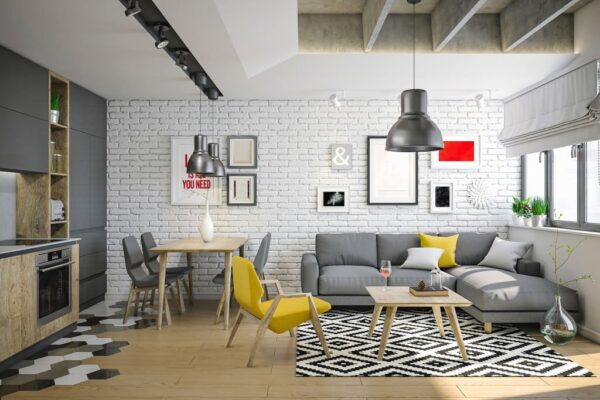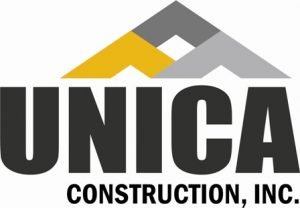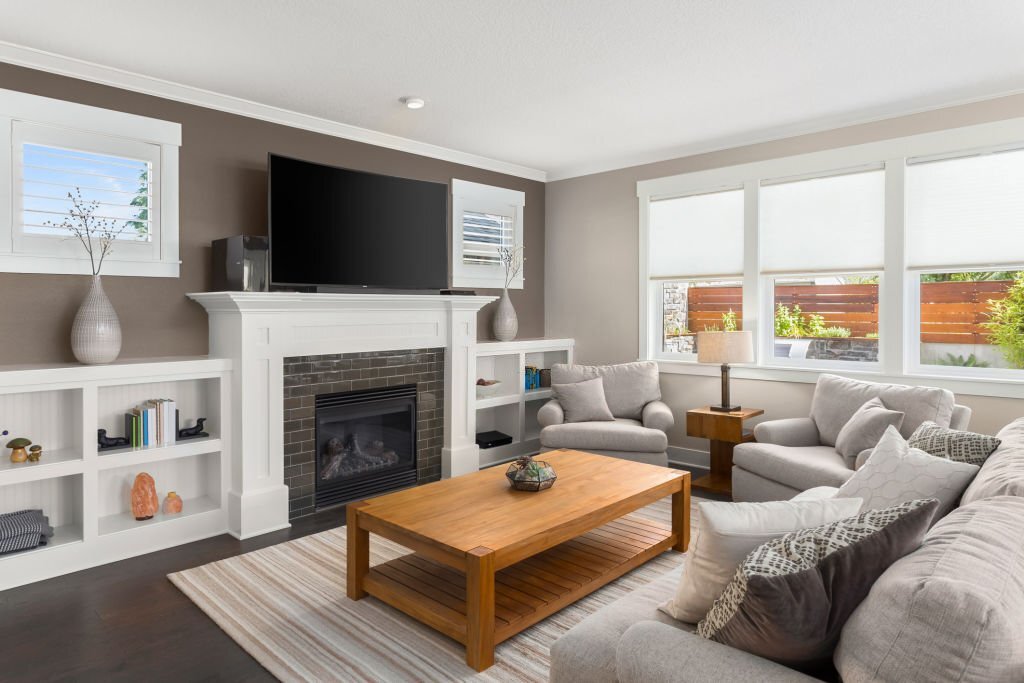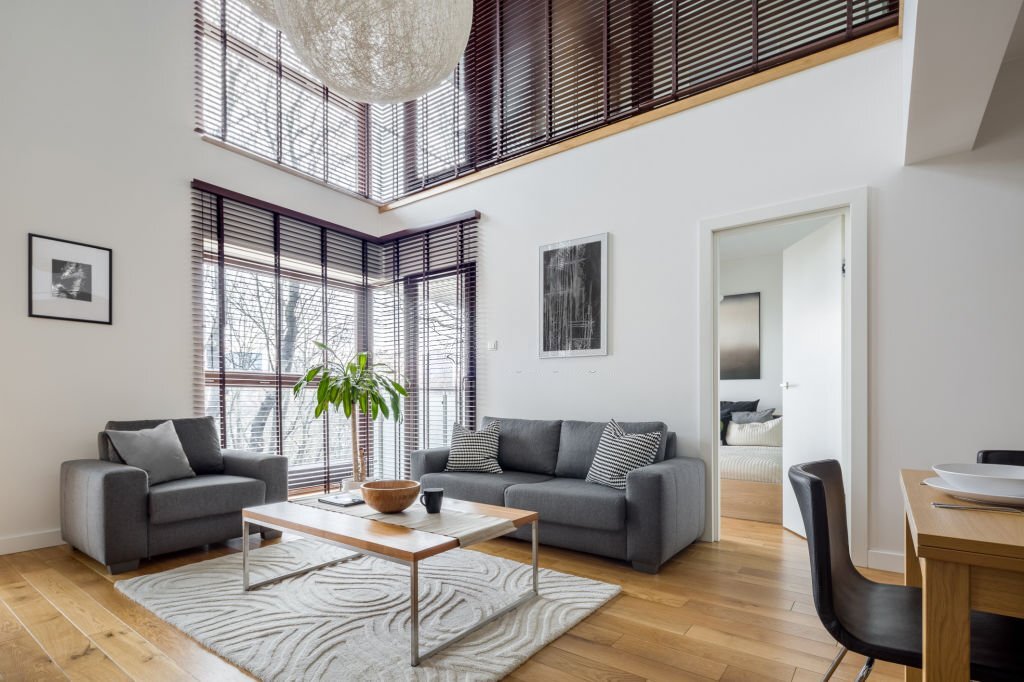Starting a home renovation can be overwhelming, especially if you haven’t completed one before. Whatever the project, your makeover will involve so many details that it can easily become daunting.
Use these home renovation planning steps and tips to choose how to order, prioritize, and create a detailed home design plan that will help reduce stress while keeping you on budget and schedule.
if you want to renovate your home in Acworth Georgia then Unica Construction is the choice for you because they provide home renovation services at an affordable price.
How to Plan a Remodel in 5 Steps
Build a Detailed Plan
The first step in a renovation project is to develop a plan that clearly defines the purpose of your renovation and includes design inspiration and a summary of the work that needs to be completed.
Your project plan should also include:
- Blueprints or sketches of your finished project.
- A list of needs and wants for your project.
- Project steps are divided into DIY steps and steps that will require a professional.
When planning a home renovation, research your local zoning regulations and permits.
Make sure your neighborhood is zoned for renovation (some renovations, like garage conversions, aren’t allowed everywhere), and find out if you’ll need a permit.
If you are doing a project that will change the structure of your home or the use of a room, you may need a permit.
Wait to apply for permits until you hire a team and create a project schedule.
When to start: 6 to 12 months before you’d like to start your project
Set a Project Budget
The next step in planning a home renovation is determining your budget and financing.
Your budget should include the costs of building permits and materials, labor costs, and the cost of decorations or cosmetic touches.
To build your budget:
- Decide how much you want to spend and complete the financing. Reserve at least 10% of your budget for unforeseen expenses.
- 2. Ask for quotes from professionals.
- 3. Price of all necessary materials.
If your cost estimates don’t match your budget, use your stage one home improvement project plan to eliminate lower priority project items.
Request cost estimates from various contractors to find the best option for your budget.

a beautiful and modern living room for a family. Concrete and wood design with yellow color furniture to enrich the room.
Hire Contractors
Next, you’ll need to hire your team for your home project planning. Don’t choose your contractors on cost estimates alone. When interviewing and selecting your contractors, also consider:
- Years of experience: A contractor who’s been doing business for a long time makes them a safer bet than one new to the business.
- Contracting license: Ensure your contractor has gone through all the steps needed to get any required certifications specific to their line of work.
- Certificate of insurance: Contractors should have workers’ compensation and liability insurance for their work.
- References: Request and call references. This is a great way to ensure your contractor isn’t just good on paper.
- Payment schedule: A reputable contractor won’t ask you to pay the full price upfront, and the Better Business Bureau advises not to. However, it’s important to discuss payment terms before construction begins. Sometimes, it’s better to spend a little extra to get someone you’re comfortable working with.
Use this checklist for hiring contractors to complete the process.
If hiring multiple contractors for a job, determine who is in charge before the project begins to avoid confusion or slowdown later.
Completing a DIY project? During this step, ensure you have the expertise and support you need to complete the job without hired help, including confirming the help of friends or family when your project starts.
Build a Timeline
Once you have your budget and equipment ready for your renovation plan, it’s time to set your timeline.
First, choose your desired start date or work from that date if you expect it to be completed by a specific date.
Sit down with your contractors to determine how long each part of the project will take.
Discuss which stages of the renovation need to be completed first, how long they will take, and which parts of the project can be completed simultaneously.
Also, make sure your schedule:
- Includes project area cleanup time.
- Allows shipping and delivery of materials.
- Vacation accounts that your contractors may take.
Use a timeline to mark each stage of the project. Set an end date with a few days to spare for unexpected problems.
Confirm with your contractors or team members that the schedule is realistic and within your budget.
Prepare for Your Home Renovation
Now that your home project planning is ending, it’s time to prepare the space and make plans to avoid using the room while it’s under construction.
Whether you have to live in your home during construction depends on the work being done.
For example, are you planning an important job in your kitchen? Build a temporary place to cook, eat, and remove all your dishes and small appliances.
Renovate the main bedroom? Make new sleeping arrangements and find a place to store your furniture. If you’re planning to renovate your entire home, move out entirely for a short time.

Small coffee table in front of comfortable corner sofa in autumn colored living room interior
Tips for Planning a Home Renovation
Ask Your Contractor Lots of Questions
When planning your home renovation, don’t be afraid to ask your contractor about every step of the process.
Discover their professional opinion about your:
- Budget
- Program
- Other contractors
- Materials
That said, stick to your plans as much as possible. Don’t let a contractor pressure you into a more expensive product or service unless there’s a good reason. Just use your experience to validate your choices and avoid serious mistakes.
Plan for Problems When Renovating
Even the most detailed home improvement plans go awry. Don’t be discouraged.
Prepare for delays and problems by reserving part of your budget for unforeseen costs and allocating a few extra days in your project schedule.
This will prevent stress and overspending during the renovation and help you stick to your plan.
Complete Structural Projects First
When planning a home renovation, be sure to prioritize structural projects first. For example, if your roof, foundation, or electrical system needs upgrades, be sure to finish them before spending money on general cosmetic changes.
While a kitchen renovation can improve your everyday life, a leaky roof could ruin your new kitchen if it’s not fixed at the first sign of a problem.






